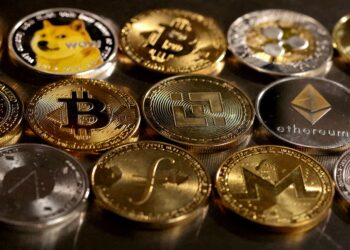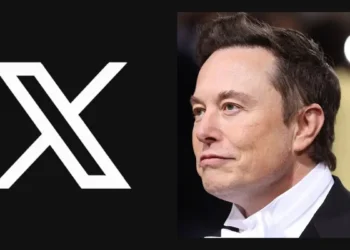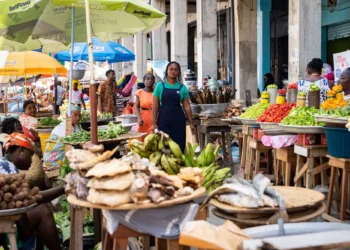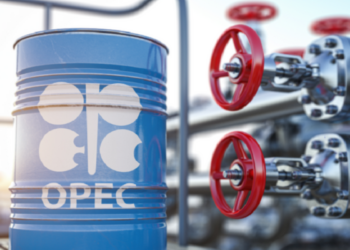Ghana’s central bank has announced its largest-ever interest rate hike to halt the country’s spiralling inflation fed by global tensions in Europe. This is according to a news release from the Bank of Ghana’s Monetary Policy Committee.
The Bank of Ghana increased its primary lending rate by 250 basis points to 17%, signalling a tough stance against rising prices for everything from flour to sugar to fuel, as well as a weakening local currency that has harmed investor confidence.
Meanwhile, Ghana’s cedi has lost roughly 20% of its value versus the dollar this year, making it the second-weakest currency in a list of some 20 emerging market currencies tracked by Reuters, after the Russian rouble.
What the bank is saying
The conflict in Ukraine is just going to make things worse. According to the Governor of the Bank of Ghana, Dr Ernest Kwamina Addison, Ghana buys roughly a quarter of its wheat from Russia and about 60% of its iron ore from Ukraine, yet he expects inflation to revert to its goal range of 8% plus or minus 2% by the end of the year.
“The uncertainty surrounding price development and its impact on economic activity is weighing down business and consumer confidence,” Addison told a news conference. “The risks to inflation are on the upside.”
Ghana’s central bank move for an aggressive contractional policy stands to address mounting inflation. The decision was given as: “Under these circumstances, the Committee has decided to increase the policy rate by 250 basis points to 17%. In addition to the upward policy rate adjustment, the Bank of Ghana will, effective April 1, 2022, enforce the following measures in relation to universal banks: The Cash Reserve Ratio is increased to 12%; The Capital Conservation Buffer is reset to the pre-pandemic level of 3%, making the Capital Adequacy Ratio a total of 13%; and the provisioning rate for loans in the Other Loans Exceptionally Mentioned (OLEM) category is reset to the pre-pandemic level of 10%.”
According to the IMF’s revised World Economic Outlook report, global growth will slow from 5.9% in 2021 to 4.4% in 2022. As a result of the latest developments in the Russia-Ukraine war, additional moderation of anticipated global growth forecasts is expected, especially if the war continues.
How Russia-Ukraine crisis affects Ghana
- The war between Russia and Ukraine is likely to have a significant influence on Ghana’s external sector, notably in the areas of construction and agriculture.
- In the recent past, Russia and Ukraine accounted for roughly 2.5% of Ghana’s total non-oil imports, and around 0.4% of Ghana’s total exports.
- Grain, wheat flour, and fertilizers are the most common Russian imports. In 2021, Russia accounted for roughly 28.7% of Ghana’s grain imports, while in the first two months of 2022, Russian grain imports accounted for 31.2% of total grain imports. In the first two months, Russia supplied 50.0% of the flour and 39.2% of fertilizer imports, respectively.
- Ghana’s main exports to Russia are cocoa beans and products and it accounted for 0.2% of total cocoa exports. These have important implications for the supply and prices of these major items imported from Russia.
- Iron ore and steel are Ghana’s most important imports from Ukraine, accounting for more than 60% of total iron ore and steel imports. As a result of this, the construction industry will almost certainly face supply disruptions and higher steel and iron ore import prices.
- Manganese is the most important commodity exported to Ukraine, accounting for roughly 12% of overall manganese exports in the first two months of this year. Manganese exports to Ukraine have accounted for more than 20% of overall manganese exports in recent years.























